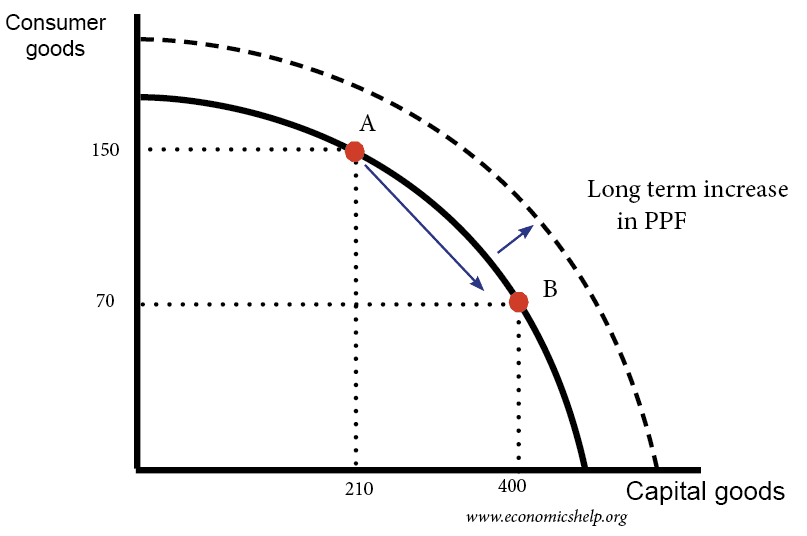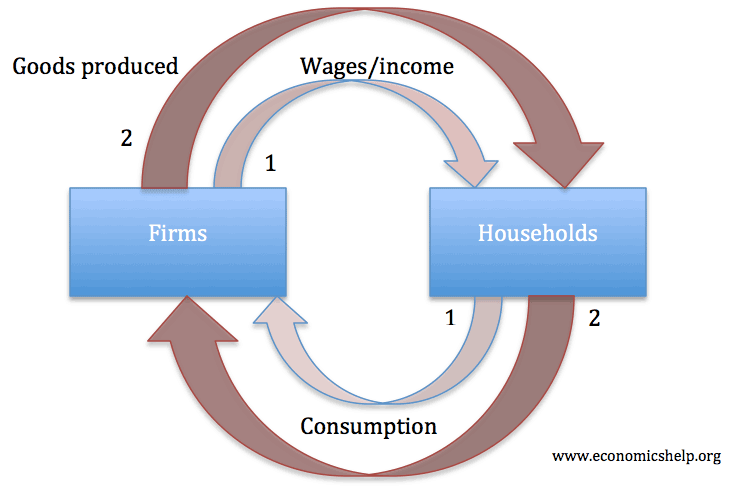Deflationary gap
Definition deflationary gap – This is the difference between the full employment level of output and actual output. For example, in a recession, the deflationary gap may be quite substantial, indicative of the high rates of unemployment and underused resources. A deflationary gap is also known as a negative output gap. Causes of deflationary gap Fall …


